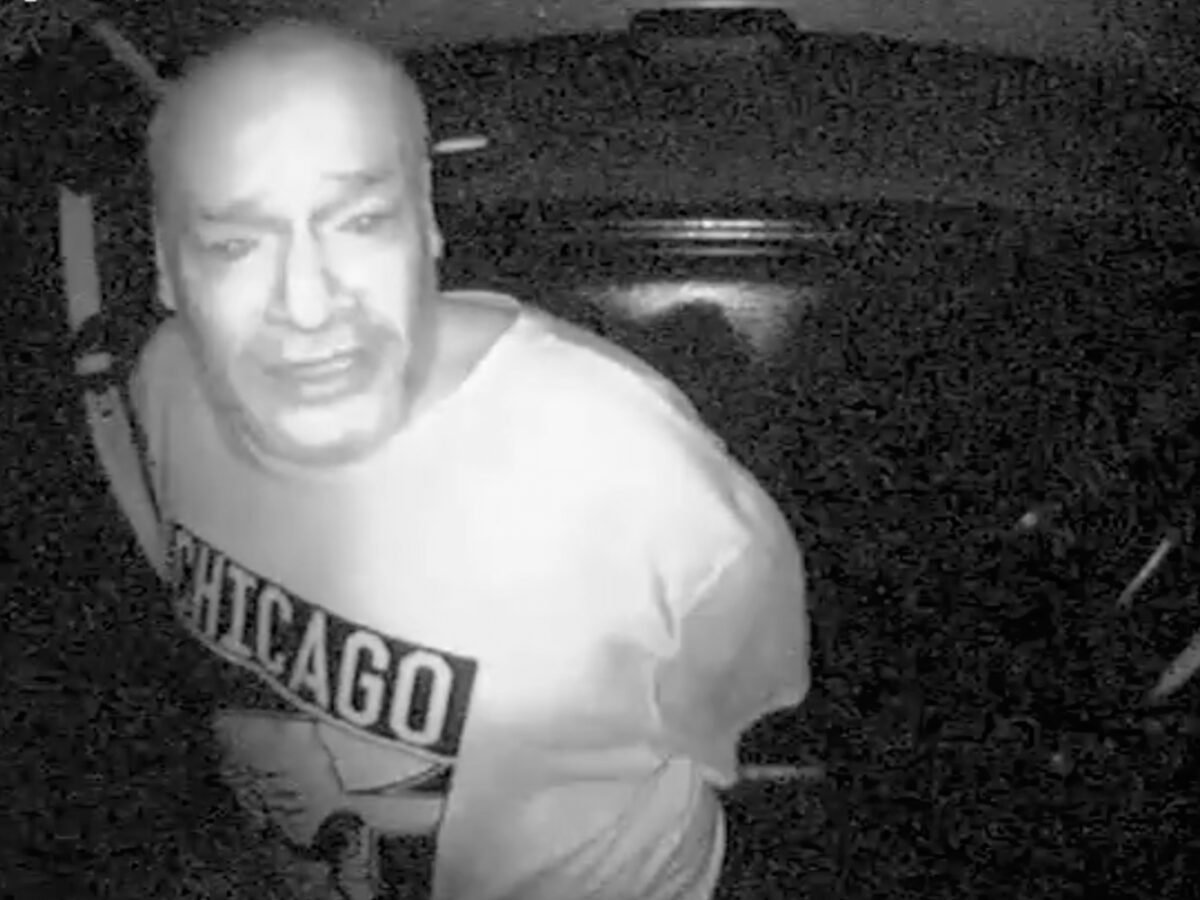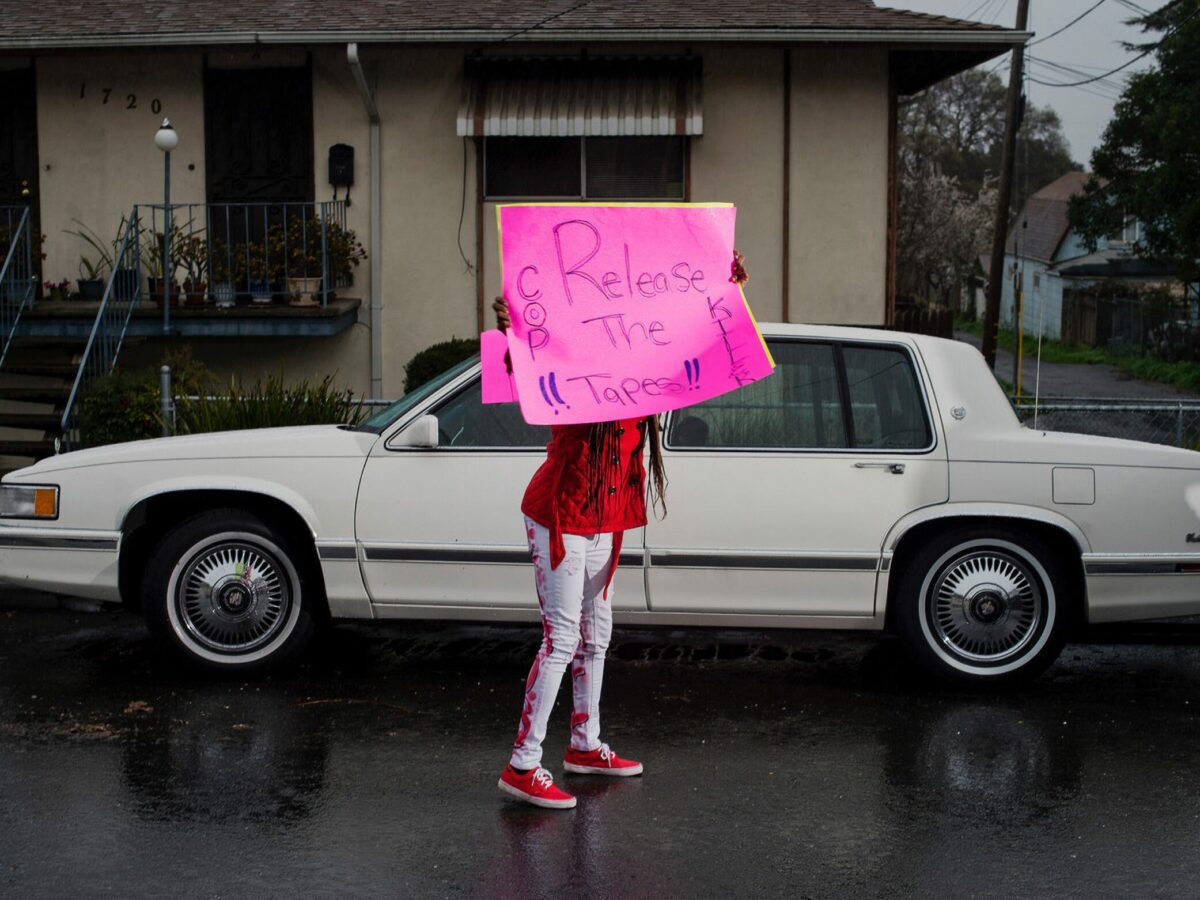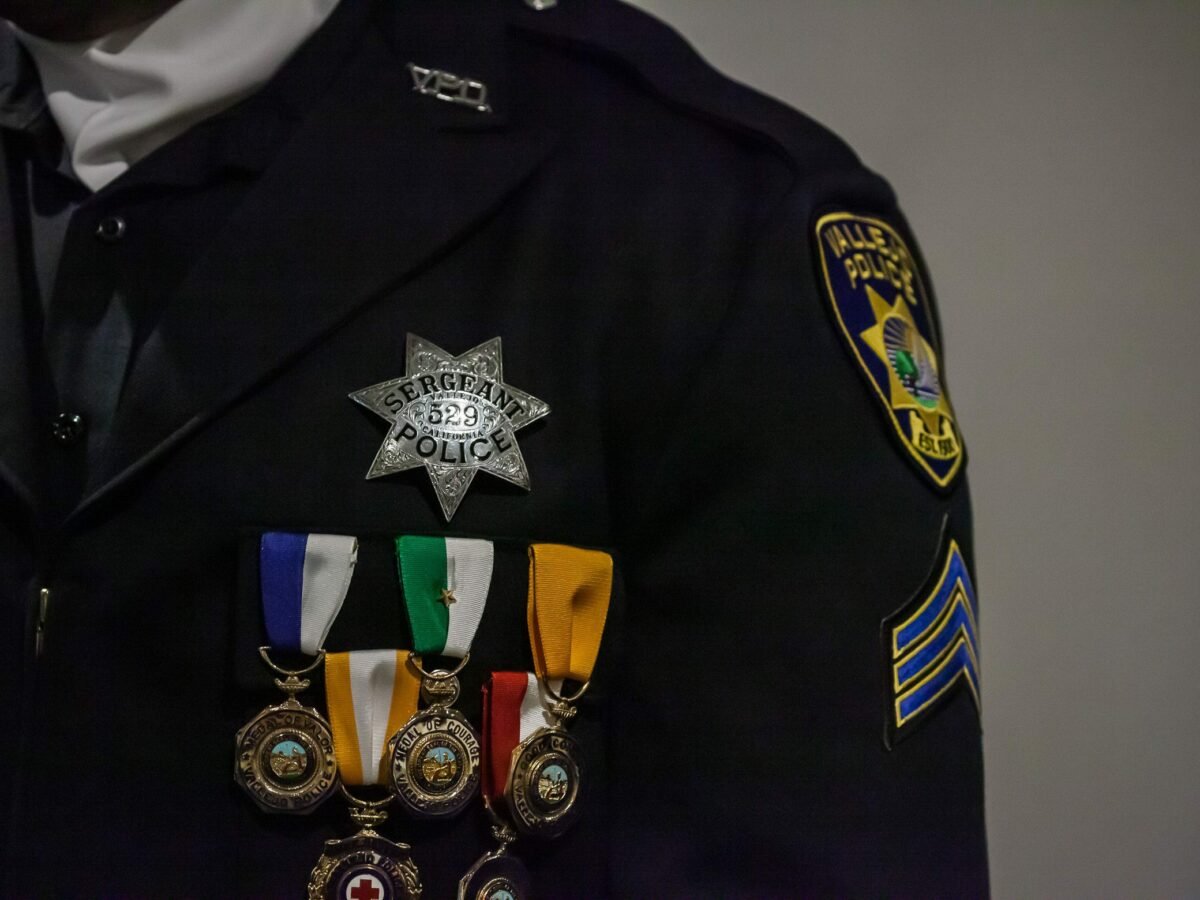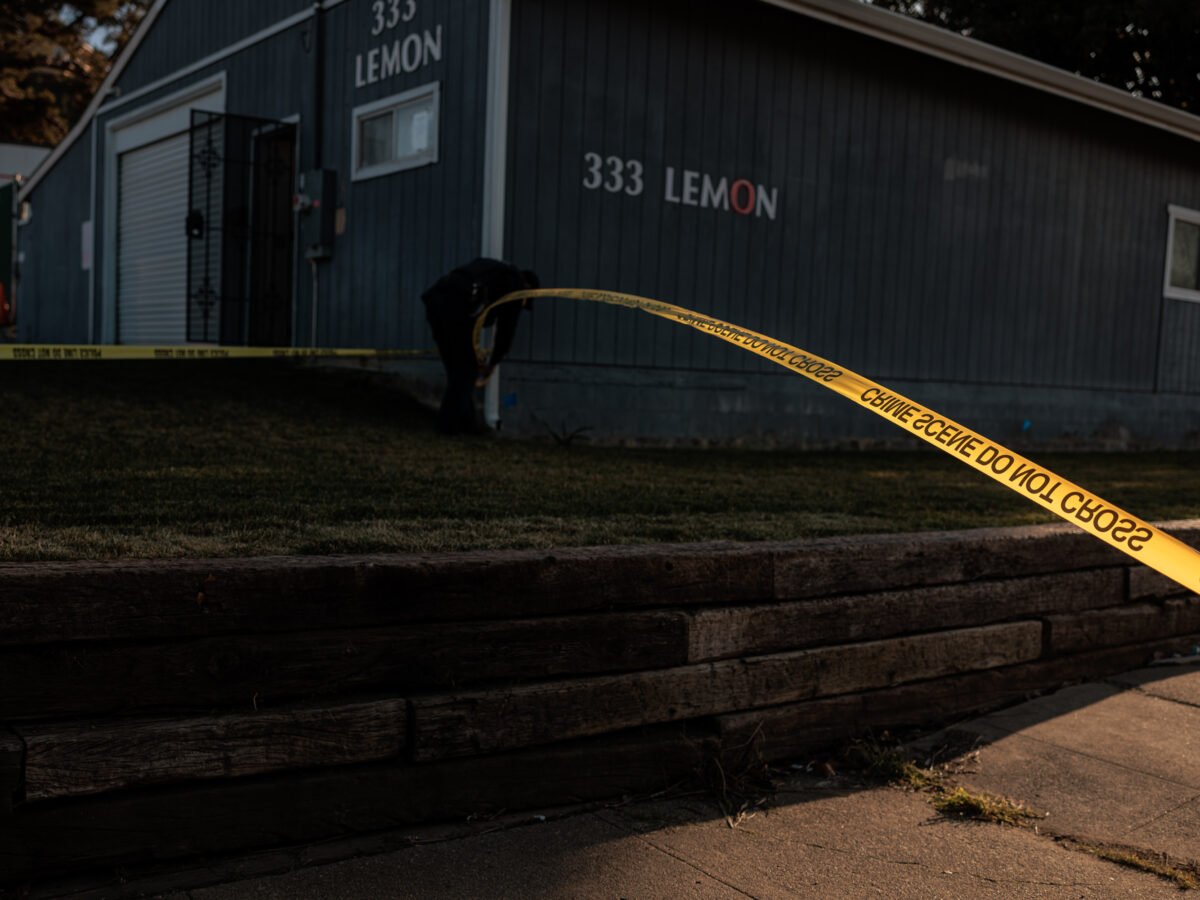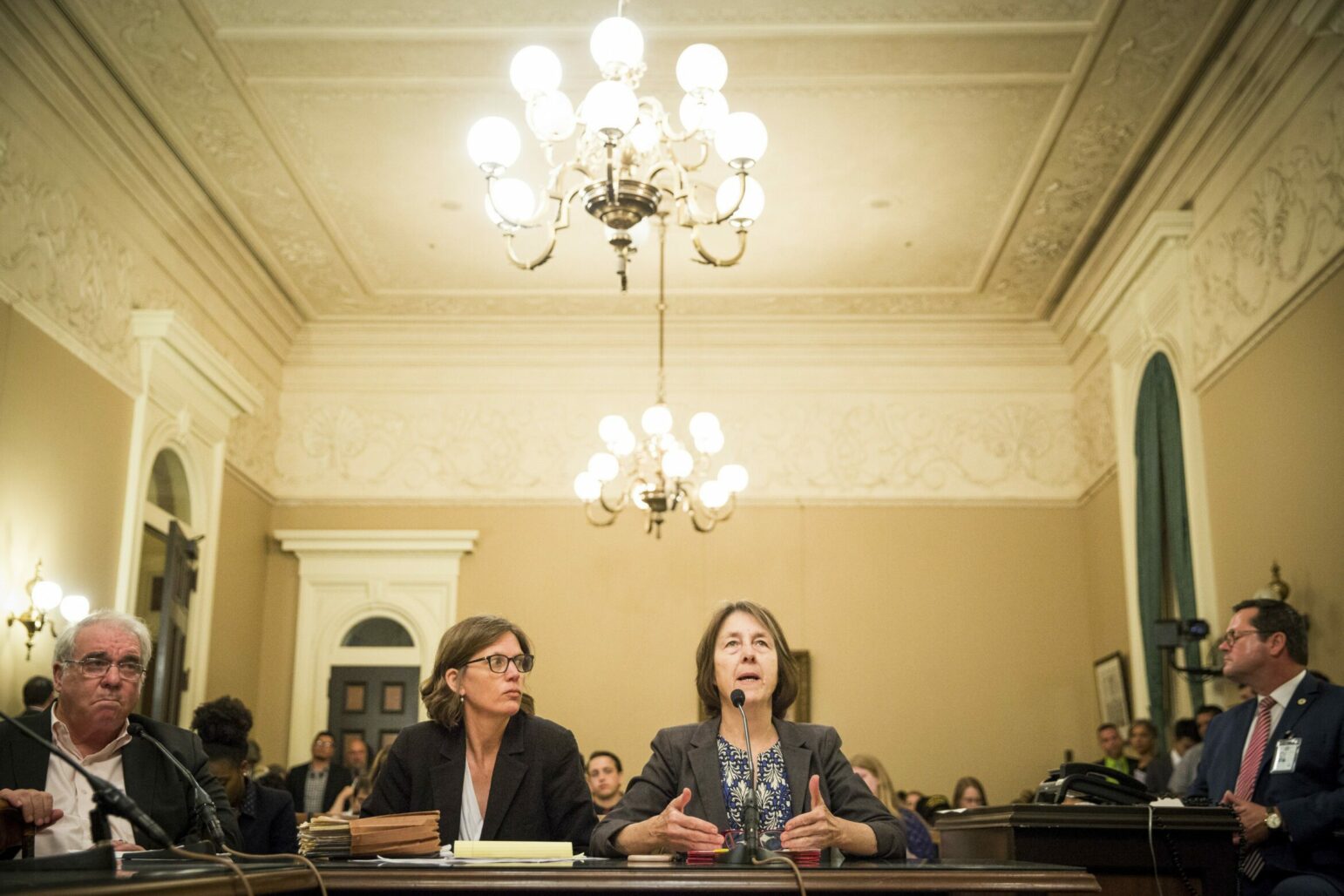
The city of Vallejo’s withholding of police records based on juvenile confidentiality laws violates the intent of California Senate Bill 1421, the bill’s author said in a statement to Open Vallejo Friday.
“California’s police transparency laws, SB 1421 and SB 16, guarantee public access to records related to a range of law enforcement misconduct, including cases involving death, excessive use of force, and sexual assault,” wrote Skinner, who authored both laws. “Those laws do not contain any exemption for records when a victim or witness is a minor.”
But last month, Open Vallejo reported that two California Superior Court judges have so far interpreted SB 1421 to exempt from disclosure records of police violence against juveniles, including Solano County Judge Stephen Gizzi in a public records lawsuit filed by this newsroom against Vallejo.
“Such an exemption would violate the intent of SB 1421 and SB 16, which were enacted to ensure that our communities have full public access to records related to any law officer’s misconduct,” Skinner said in her statement.
“Under SB 1421 and SB 16, to protect the identity of a juvenile victim or witness, law enforcement agencies have the ability to redact identifying information. They do not, however, have the legal authority to withhold disclosable records of misconduct involving an officer.”
Open Vallejo has filed at least 28 requests for public records relating to SB 1421 since March 2019. In response, the city produced around 14,700 pages of records and 3,300 minutes of video and audio files, according to a May ruling by Judge Gizzi in Open Vallejo’s lawsuit.
But the city continued to withhold records, leading this newsroom to file a public records lawsuit, which does not seek money damages, in September of 2021.
In his ruling, Gizzi found that Vallejo had breached the terms of the California Public Records Act when it destroyed evidence in multiple police shootings in 2021, and that the city’s “clearly unacceptable” four-year delay in producing police records also “violates the spirit, intent and terms of the CPRA.” (Open Vallejo uncovered the records’ destruction in the course of litigation last year, and subsequently revealed that senior officials for the city had authorized the purge.)
Among the only records Gizzi found the city could continue to withhold, however, were records of police violence that involved juveniles.
Last month, George Galvis, the co-founder of Communities United for Restorative Youth Justice, which helped write SB 1421, told Open Vallejo that legislators would need to address the issue through a trailer bill clarifying that records of police violence involving juveniles should be disclosed under the law.
The City of Vallejo did not respond to requests for comment for this story.

